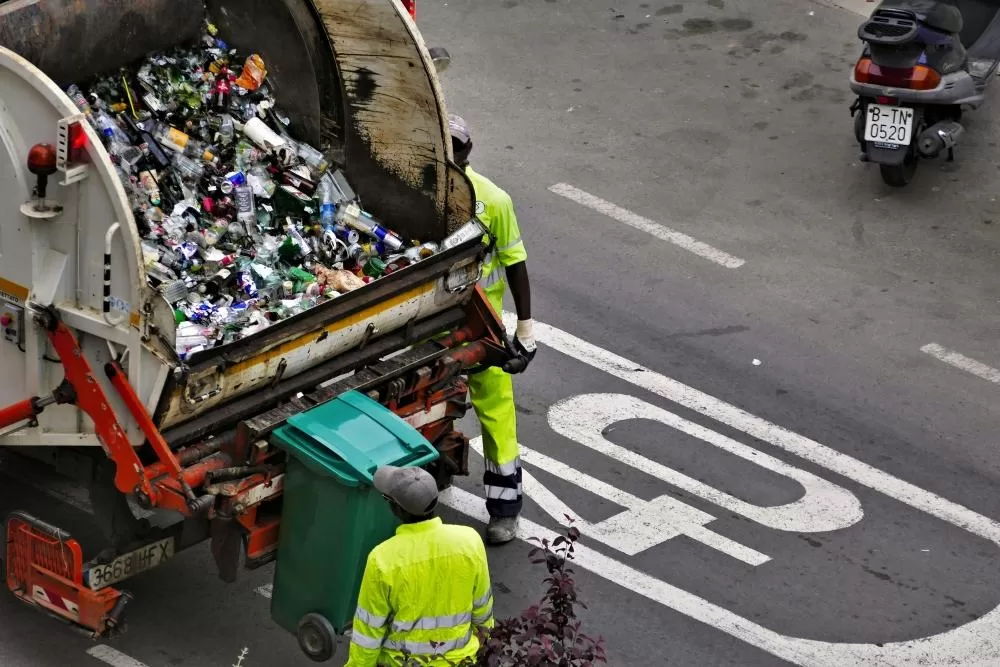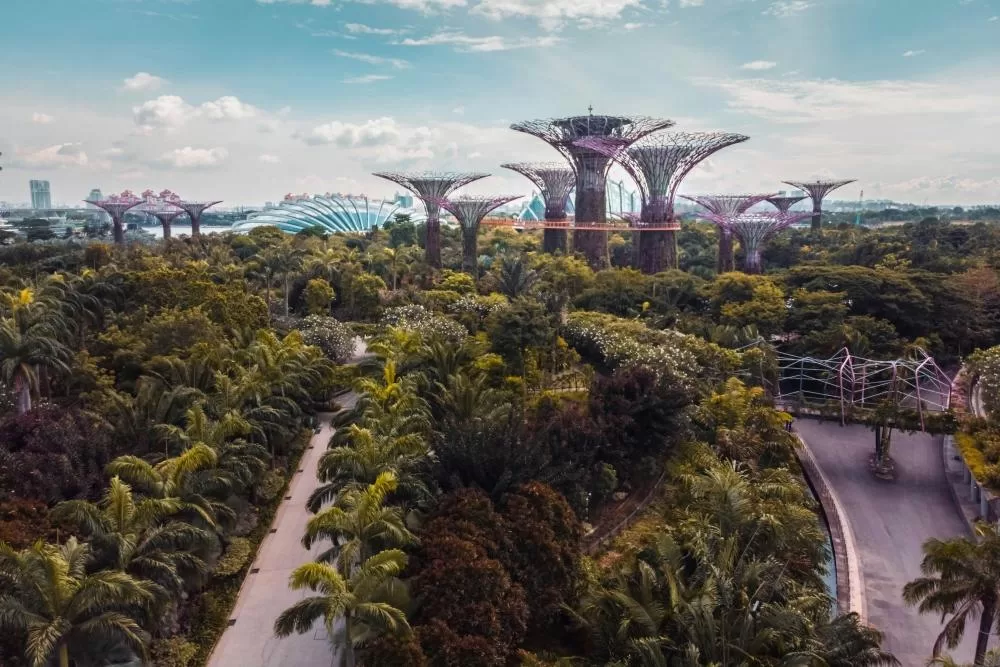In today’s rapidly urbanising world, smart cities represent the forefront of innovation and sustainable development. These cities, powered by the latest technologies, are designed to optimise resource use, enhance service delivery, and significantly improve the quality of life for residents.
Among the myriad of components that contribute to the smart city framework, waste management plays a pivotal role. This blog post explores how innovative waste management can integrate with other smart city systems.
The Importance of Waste Management in Smart Cities
Efficient waste management is fundamental to the sustainability and livability of any urban environment. In smart cities, where technology and data drive functionality, waste management impacts several key areas: public health, environmental sustainability, and even the city’s aesthetic appeal.
The challenge, however, lies in the need for efficient collection, sorting, and disposal of waste. This process may involve logistical challenges and the need to integrate with other city management systems to ensure that waste handling is as efficient and unobtrusive as possible.
In Singapore, waste management companies like BNL are at the forefront, ensuring that food waste, plastics, and other recyclables are managed with precision and responsibility.
Integration with Smart City Infrastructure
BNL’s waste management solutions are integrated into the broader smart city infrastructure. These systems can achieve seamless connectivity with other urban planning tools and sustainability initiatives by leveraging IoT networks, forming a cohesive management ecosystem.
Consequently, IoT technology allows waste management operations to sync effectively with other systems. Sensors in waste bins, for instance, provide real-time data on fill levels, enabling optimised waste collection routes and schedules that reduce operational costs and minimise environmental impact.
Furthermore, the interoperability of these systems with other technological infrastructures allows them to adapt to the dynamic needs of urban environments. This includes waste collection, electronic waste disposal, plastic recycling, landscape maintenance, and cleaning services.
This integration enhances waste management services’ efficiency and supports broader smart city goals such as sustainability, improved public health, and enhanced quality of life.

Benefits of Smart Waste Management Systems
Adopting BNL’s smart waste management systems offers numerous benefits to urban areas, enhancing both operational efficiencies and environmental sustainability:
- Operational Efficiencies:
-
- Automation of Processes: Key activities like waste collection and sorting are automated, leading to considerable cost savings and reduced reliance on manual labour. This streamlines operations, improves the speed and accuracy of waste handling, and minimises human error.
- Consistent Quality of Service: Automation ensures a consistently high standard of service by eliminating the variability introduced by manual operations.
- Environmental Benefits:
-
- Advanced Recycling Initiatives: Systems support sophisticated recycling programmes that reduce waste and transform it into valuable resources. For instance, food recycling programmes convert waste into compost or bioenergy, supporting the principles of a circular economy.
- Reduction of Ecological Footprint: Smart waste management systems reduce the amount of waste sent to landfills, conserve natural resources, and decrease urban pollution. Optimised collection routes and schedules also reduce fuel consumption and greenhouse gas emissions.
Towards a Sustainable Urban Future with Smart Waste Management Systems
Integrating smart waste management systems is not just a technological upgrade but a crucial component for building sustainable, efficient, and livable smart cities. BNL’s commitment to innovation in waste management enhances the functionality of these urban environments and supports global sustainability goals.
Through our comprehensive solutions — from waste collection to recycling — we can shape the future of smart cities. Join us as we embrace a cleaner, greener, and more sustainable urban future where innovative waste management solutions enhance every aspect of city life.



